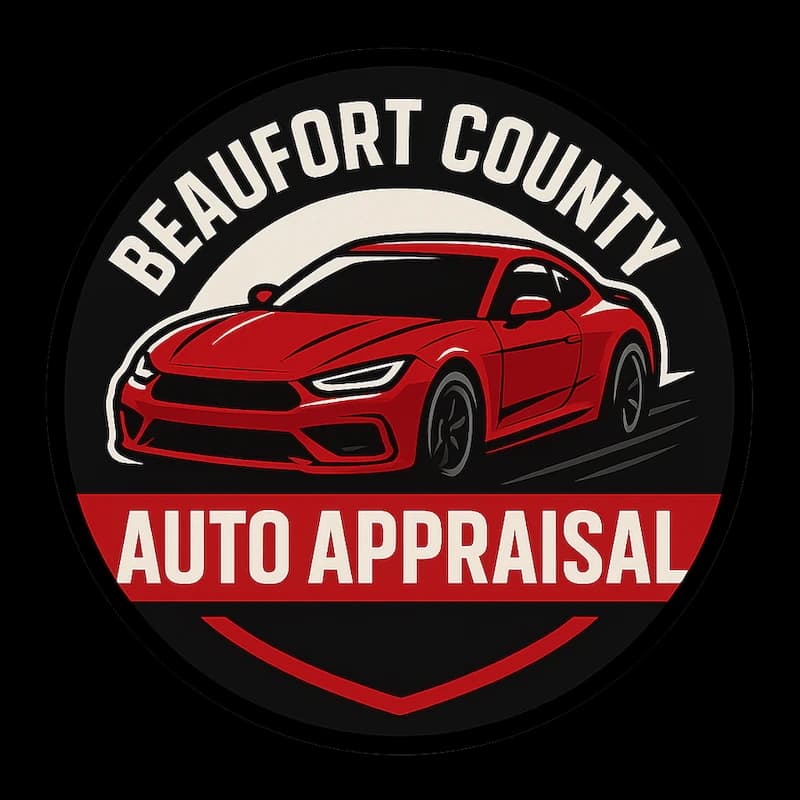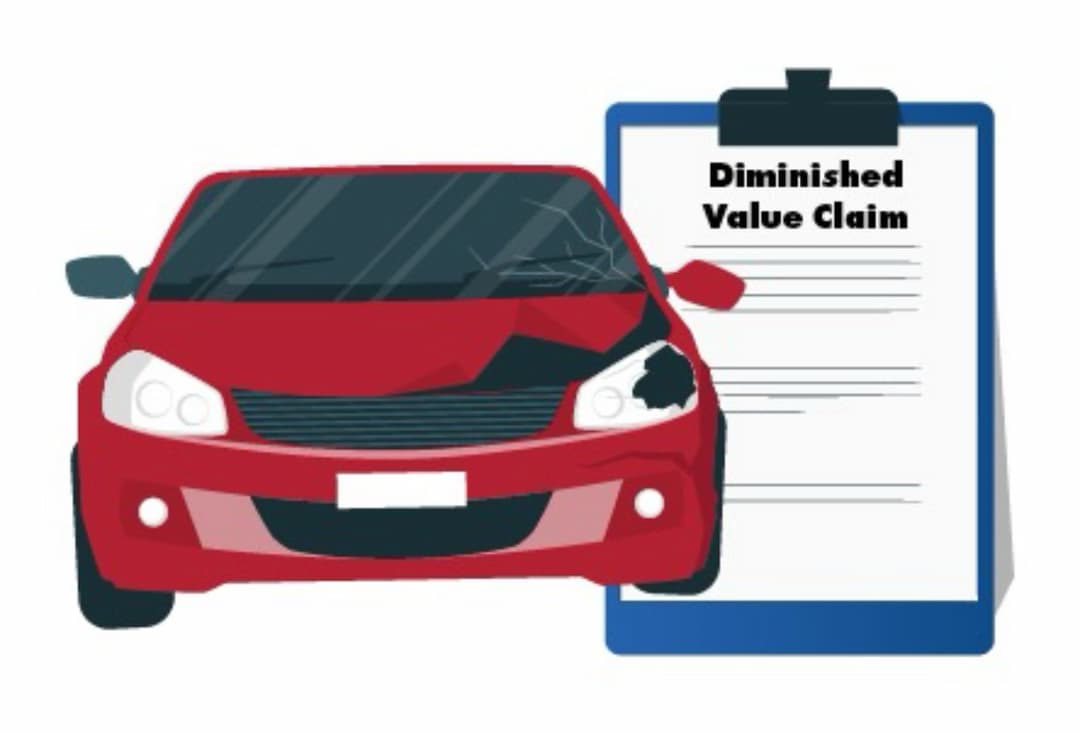Beaufort County Auto Appraisal LLC.
If you're in Bluffton SC. and Surrounding Cities and need an auto appraisal company that specializes in diminished value claims, Beaufort County Auto Appraisal is your top choice. We ensure you receive fair compensation for your vehicle, whether it's due to an insurance claim, trade-in offer, or total loss settlement. Our expert appraisers accurately determine your car's true value, giving you peace of mind in any situation.
Call today 678-283-3133


Our Services

Diminished Value Claims Appraisals

Vehicle Valuation Services

Claims Handling
Reduce Stress and Risk
A professional claims handler manages the entire process from start to finish, allowing you to focus on your recovery and daily life. They ensure that your interests are protected, reducing the risk of costly mistakes, missed deadlines, or compliance issues that could jeopardize your claim.
Diminished Value Claims
Total Loss Valuations
Realtime Valuation
$250
/FeeWhat’s included
Diminished Value Assessment
Specialized Auto Appraisal service in Bluffton, SC
$495/$650
/FeeWhat’s included
Claim Handling
Top-notch Claim Handling
Start to Finish
Full Transparency
Stress-free Collision Experience
$1200
/FeeWhat’s included
Welcome to Beaufort County Auto Appraisal
Contact Us Today for Expert Auto Appraisal Services in Bluffton! 678-283-3133

What We Stand For?
Welcome to Beaufort County Auto Appraisal!
Available to assist you with your auto appraisal needs.
Contact Beaufort County Auto Appraisal
Bluffton, SC 29910
What makes us Different from Others ?
Expertise
Specialists